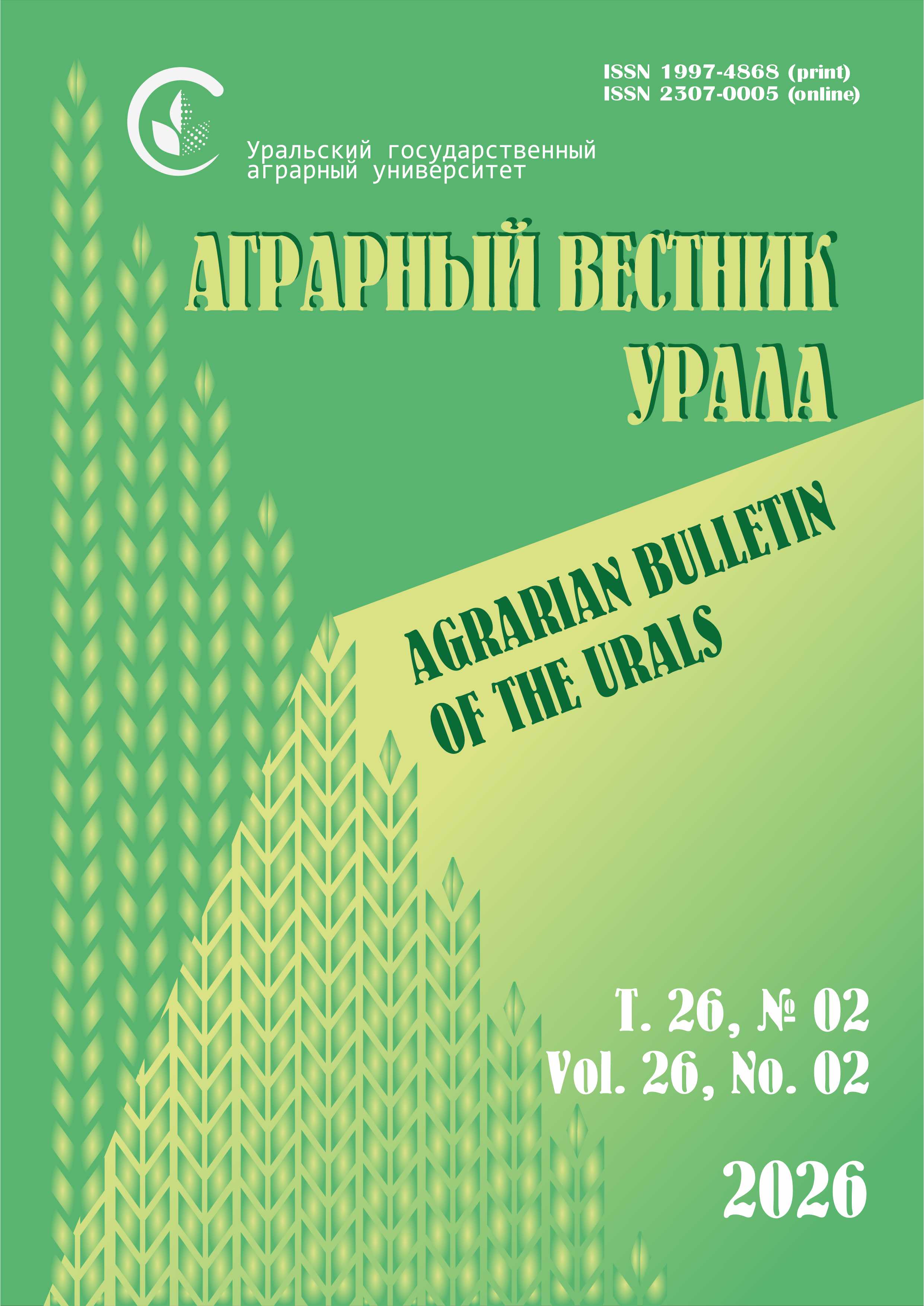G. V. Astratova1, O. A. Rushchitskaya2 , Ch. N. Onwusiribe1 , A. M. Izmaylov3, 4
1 Ural Federal University named after the first President of Russia B. N. Yeltsin, Ekaterinburg, Russia
2 Ural State Agrarian University, Ekaterinburg, Russia 3 Volga Region State University of Telecommunications and Informatics, Samara, Russia
4 Samara State Medical University, Samara, Russia
E-mail: This email address is being protected from spambots. You need JavaScript enabled to view it.
Volume 25 No. 3
Date of paper submission: 06.12.2024, date of review: 31.01.2025, date of acceptance: 10.02.2025.
Published: 03/31/2025
Abstract. The purpose is to assess university-SME collaboration in the agro-industrial complex of Russia, Belarus, and Nigeria, with specific focus on identifying key graduate competencies valued by employers and measuring employer satisfaction with those competencies. Methods. Mixed-methods approach using expert surveys from employers (66 in Russia, 40 in Belarus, 44 in Nigeria) and students, analyzed through Structural Equation Modeling (SEM) and Principal Component Analysis (PCA). Results. University-SME collaboration significantly influences graduate competencies (β = 0.62 for Russia, β = 0.54 for Nigeria, β = 0.58 for Belarus) and employer satisfaction. By means of PCA identified four principal components of graduates’ valuable competencies for the employer: 1) technical and analytical skills, 2) interpersonal skills, 3) innovation and global mindset, 4) ethical and social awareness, explaining over 75 % of the variance across all three countries. Scientific novelty. The comparative analysis of three different economies allows understanding of how cultural and economic factors influence university-SME collaboration dynamics in the agro-industrial complex. The study provides comprehensive insights into aligning higher education outcomes with labor market needs in the agricultural sectors of Russia, Belarus, and Nigeria through employer perspectives.
Keywords: agro-industrial complex, development of cooperation, coordination of actions, universities, agrarian universities, small and medium-sized businesses (SMEs), employers, employer satisfaction, Triple Helix Model, Human Capital Theory, Social Capital Theory, competencies of university graduates, digital competencies, digitalization of the agro-industrial complex
Acknowledgments. The study was carried out under grant No. 23-28-00853 of the Russian Science Foundation; competition 2022 “Conducting fundamental scientific research and exploratory scientific research by small individual scientific groups”; topic “Mechanisms for the development of complex socio-economic systems in new economic conditions: The Union State of Russia and Belarus; the research sector; higher education and the labor market in the digital economy.”
For citation: Astratova G. V., Rushchitskaya O. A., Onwusiribe Ch. N., Izmaylov A. M. Development of cooperation and coordination between universities and small and medium-sized businesses in the agro-industrial complex of Russia, Belarus and Nigeria. Agrarian Bulletin of the Urals. 2025; 25 (03): 496‒514. https://doi.org/10.32417/1997-4868-2025-25-03-496-514
Download the full text of the article












